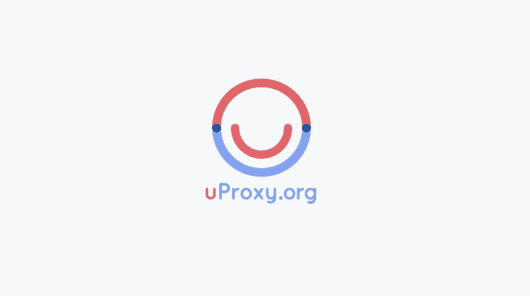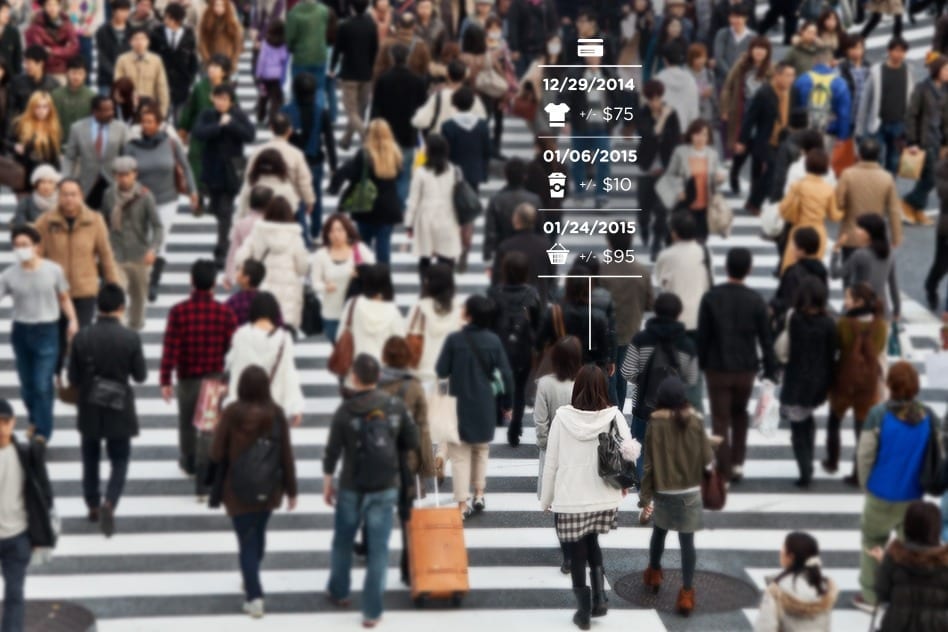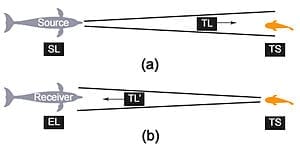
At its Ideas Summit in New York, Google has announced that it is working on developing a browser extension that will act as an easy-to-use way to bypass country-specific Internet censorship and make connections safer and more private.
Safer connections
The tool, which was developed by the University of Washington and seeded by Google, is at its core a peer-to-peer personalized virtual private network (VPN) that redirects Internet traffic coming from an initial, less secure connection through a second, trusted connection, and then encrypts the pathway between the two terminals.
Whenever you access the Internet, the connection is routed through a number of terminals. At each step of the way the connection may be blocked, surveilled, or even tampered with (especially if the data is not encrypted). On the whole, the safety and privacy of your data is only as good as the weakest link in the chain.
Google’s solution with uProxy was to develop a tool that makes it much easier to make an unsafe connection more secure, with the help of a trusted friend.
The software, which will be available as a Chrome and Firefox extension to begin with, can use existing social networks like Facebook or Google Hangouts to help find users who already have uProxy installed on their system. If two users agree to use the service in tandem, the software can begin to make data connections safer.
How it works
Let’s assume that Alice, who lives in a country with an Internet censorship problem such as China or Iran, contacts Bob, who has much safer, or uncensored, or unmonitored access to the Internet.
Bob agrees to act as a proxy for Alice, and as long as his browser is open, Alice’s outgoing web traffic will now be routed through Bob’s connection, and so she’ll now be able to access websites that she wouldn’t otherwise be able to reach on her own. The connection between Alice and Bob is also encrypted.
To an external observer looking at Bob’s connection, it would appear that he is simply surfing the net, while it is really Alice who’s doing the browsing. Likewise, an observer looking at Alice’s connection would only see a stream of encrypted data being sent from and to Bob, but would not be able to understand it, or determine whether it’s “allowed” web traffic or not.
One more possible use for the software could be to proxy your own web traffic whenever you are traveling and worried about the safety of your connection (when you’re connecting to an open Wi-Fi hotspot or public network, for example). In cases like these, you can use uProxy to route your web traffic back to your home computer and access the Web as if you were in your own home.
Go deeper with Bing News on:
Virtual private network
- Startup aims to expand network of virtual power plants across America: 'The energy system of the future'
The system allows the harvesting of clean energy by private homes and businesses to be consolidated and streamlined. Startup aims to expand network of virtual power plants across America: 'The energy ...
- Multicopters and air cabs: "Virtual sensors" to prevent crashes
If a rotor on a private drone fails and crashes ... Scientists at the California Institute of Technology (Caltech) have developed a type of virtual sensor that is able to detect systemic errors that ...
- The Virtual World Where Imagination Becomes Reality
It is the story of a company that crafts creative tools and is also very socially oriented, mousing around the industry. What happens in the “Highrise” will change into “Your virtual house on the Net, ...
- Telford chef competes on Food Network's 'Chopped.' Here's how she got there
Shelby Fahrni, executive chef and owner of The Cooking Studio in Telford, competes in an upcoming episode of Food Network's 'Chopped.' How to watch: ...
- 4 Tips for Navigating Virtual Reality Safely
Virtual reality (VR) has taken major leaps forward in recent years. With the release of the Apple Vision Pro in early 2024, people are starting to realize how truly powerful this technology is and how ...
Go deeper with Google Headlines on:
Virtual private network
[google_news title=”” keyword=”virtual private network” num_posts=”5″ blurb_length=”0″ show_thumb=”left”]
Go deeper with Bing News on:
uProxy
- Feed has no items.
Go deeper with Google Headlines on:
uProxy
[google_news title=”” keyword=”uProxy” num_posts=”5″ blurb_length=”0″ show_thumb=”left”]










